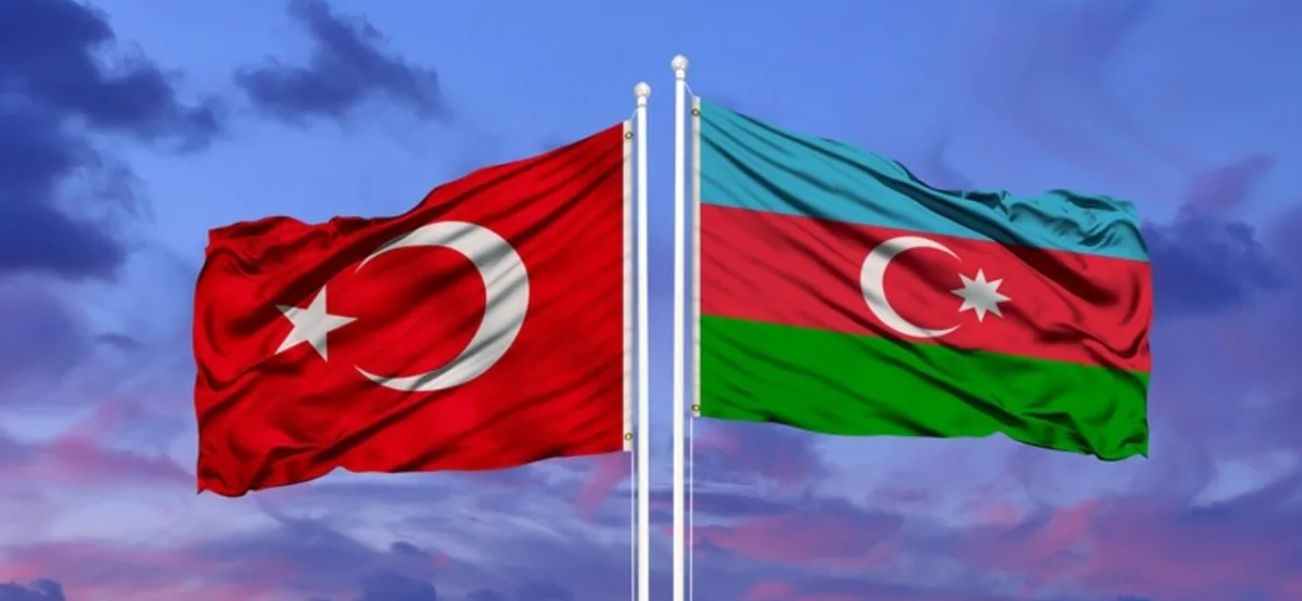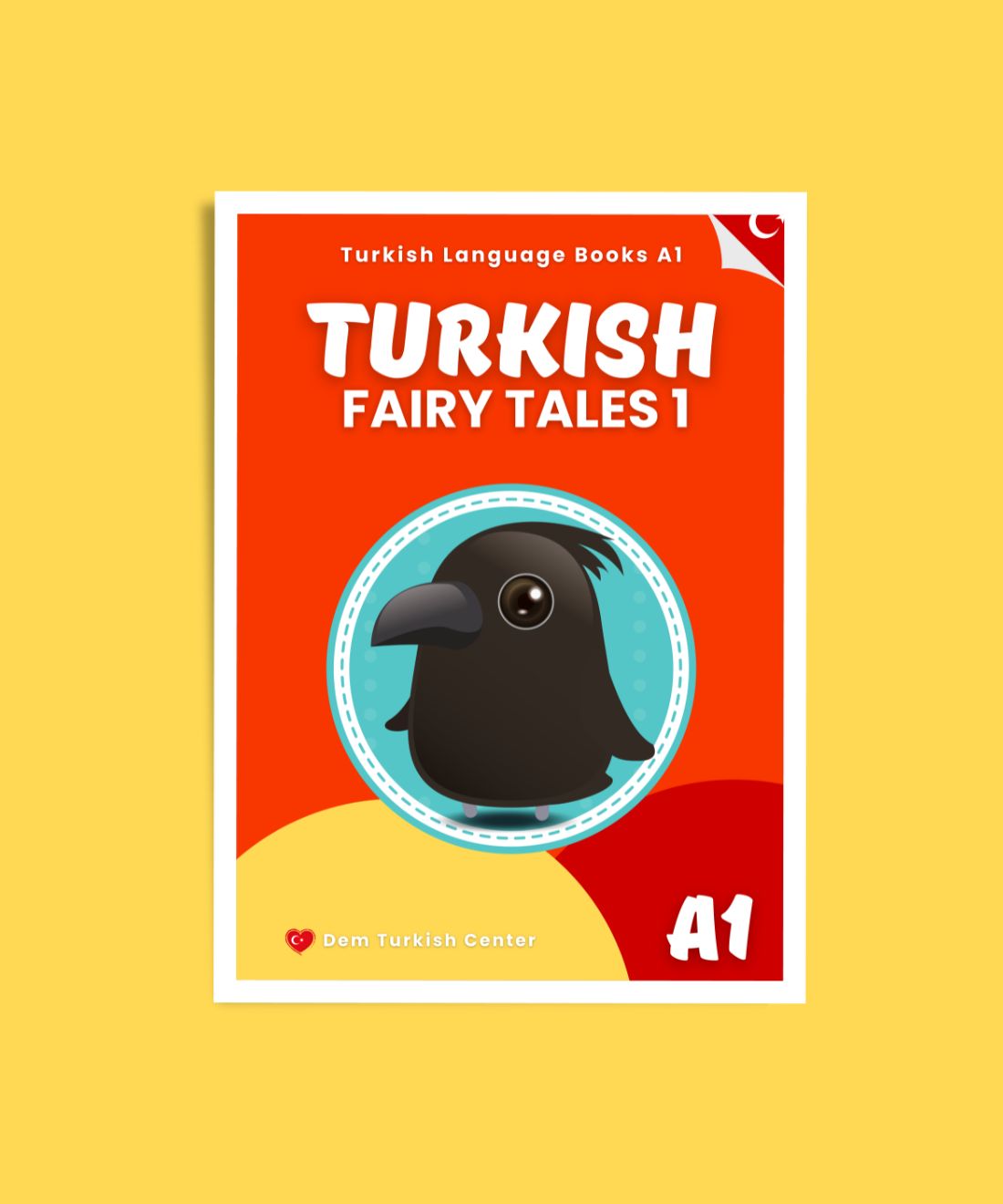
How different are the Azeri and Turkish languages?
If you’ve ever listened to a conversation in Turkish and then in Azerbaijani (often referred to as Azeri), you’d be struck by an immediate sense of familiarity. The rhythm, the melody, and many words sound remarkably similar. This often leads to the question: Are Azeri and Turkish the same language?
The short answer is no. However, they are incredibly close siblings, two branches of the same linguistic tree. For anyone interested in linguistics, traveling in the Turkic world, or considering learning one of these languages, understanding the relationship between Azeri and Turkish is fascinating. This deep dive will explore just how different—and how similar—these two languages truly are, tracing their journey from a common root to their modern incarnations.
Siblings, Not Twins: Unraveling the Key Differences Between Azeri and Turkish
A Shared Heritage: The Oghuz Turkic Roots
To understand Azeri and Turkish, we must first look at their common origin. Both languages belong to the **Western Oghuz branch** of the Turkic language family. Think of this family as a tree: the trunk is the Proto-Turkic language spoken centuries ago by nomadic tribes in the Central Asian steppes. The Oghuz branch is a major limb that sprouted as these tribes, known as the Oghuz Turks, began their great migrations westward.
Recommended reading: Turkish Language and Other Turkic Languages
The expansion of the Seljuk Empire in the 11th century was a pivotal moment, serving as the primary vector for spreading the Oghuz language across Anatolia, the Caucasus, and into Iran. The language these tribes carried was the direct ancestor of modern Turkish, Azerbaijani, and Turkmen.
For several centuries, the linguistic situation in Anatolia and the Caucasus was fluid. The language of the elite and literature was often a highly Persianized and Arabized variety, known as Ottoman Turkish in the west and heavily influenced by Chagatai and Persian in the east. However, the vernacular spoken by the common people—the soldiers, farmers, and merchants—remained a more direct descendant of the Oghuz tongue. It is from these vernaculars that modern standard Turkish and Azeri eventually emerged.
This shared lineage is the fundamental reason for the high degree of mutual intelligibility between Azeri and Turkish. Speakers of one can often understand a significant portion of the other, especially in formal contexts like television news or written text. However, this intelligibility is not always symmetrical; Turks often find it easier to understand Azeri than vice versa, largely due to Turkey's dominant cultural output in media and entertainment, which has exposed Azeris to Turkish for decades.
The Alphabet Divide: A Mirror of 20th-Century History
One of the most immediate and visible differences between the two languages is their writing systems, which serve as a stark reminder of their divergent 20th-century political paths.
- Turkish The story of the Turkish alphabet is one of revolutionary reform. In 1928, as part of his sweeping secularist and nationalist reforms, Mustafa Kemal Atatürk replaced the Perso-Arabic script with a modified Latin alphabet. This was a monumental change, designed to increase literacy, break ties with the Ottoman past, and reorient Turkey towards the West. The new alphabet, consisting of 29 letters, was phonetically rational, with characters like Ç, Ğ, İ, Ö, Ş, and Ü created to represent specific Turkish sounds.
- Azerbaijani The orthographic history of Azeri is far more turbulent, reflecting a century of geopolitical upheaval.
- Perso-Arabic Script Like Ottoman Turkish, Azerbaijani was historically written in a Perso-Arabic script until the early 20th century.
- First Latin Alphabet (1929-1939) In a parallel move to Turkey, the short-lived Azerbaijan Democratic Republic (and later the Soviet Azerbaijan) briefly adopted a Latin alphabet known as "Yanalif" (New Alphabet).
- Cyrillic Alphabet (1939-1991) Under Stalin's policy of Russification, a Cyrillic alphabet was imposed on Azerbaijan, cutting it off graphically from Turkey and embedding it within the Soviet sphere. This is the script used by older generations and is still seen on some older signs and publications.
- Second Latin Alphabet (1991-Present) Following the collapse of the Soviet Union, Azerbaijan reasserted its independent identity and, in 1991, officially readopted a Latin alphabet. This modern script is very similar to Turkey’s but includes a crucial, unique character: Ə (schwa), representing the /æ/ sound, much like the "a" in the English word "cat."
- The "Ğ" (Soft G) This letter behaves quite differently in each language.
- In Turkish, the letter Ğ is often silent. It serves primarily to lengthen the preceding vowel (e.g., "dağ" [daa] - mountain, "ağaç" [a-aç] - tree). Between two vowels, it may create a slight glide, but it is not a consonant in the way 'g' is.
- In Azeri, the Ğ is frequently pronounced as a voiced velar fricative [ɣ]. This is a guttural sound, similar to the French "r" or the "g" in the Dutch "gaan." So, the Azeri word "doğma" (birth) has a distinct guttural sound that is absent in the Turkish *doğma*.
- The "Q" and "X" Sounds The modern Azerbaijani alphabet officially includes the letters Q and X, which are absent from the standard Turkish alphabet.
- The Q represents a voiceless uvular stop [q]—a hard "k" sound made further back in the throat. Compare Turkish "kar" [kar] (snow) with Azeri "qar" [qar]. The Azeri version has a deeper, more guttural quality.
- The X represents a voiceless velar fricative [x], like the "ch" in the Scottish "loch" or the German "Bach." The Azeri word "xəstə" (sick) contains this sound, whereas the Turkish equivalent, "hasta", uses a soft [h].
- The Schwa "Ə" This vowel is central to Azeri and is one of the first sounds a Turkish speaker must learn to master. It does not exist in standard Turkish. The Turkish equivalent is often an "e" or "a." For example, the word for "to do/make" is "etmek" in Turkish but "etmək" [ætmæk] in Azeri.
- Vowel Harmony Both languages employ a sophisticated system of vowel harmony, where vowels within a word harmonize to be either front (e, i, ö, ü) or back (a, ı, o, u). This is a cornerstone of Turkic grammar, making the language sound fluid and melodic. While both languages maintain this rule, Azeri, due to a higher concentration of Persian and Russian loanwords that don't conform, sometimes exhibits "broken" vowel harmony more frequently than Turkish.
- Water Su (Turkish) / Su (Azeri)
- Mother Anne / Ana
- Day Gün / Gün
- Eye Göz / Göz
- To Go Gitmek / Getmək
- The Ottoman Imprint on Turkish The Ottoman Empire was a trilingual civilization, and its official language, Ottoman Turkish, was a hybrid: a Turkic grammatical base with a massive infusion of Arabic and Persian vocabulary. Words like "teşekkür ederim" (thank you, Arabic), "kitap" (book, Arabic), "merhaba" (hello, Arabic), and "pencere" (window, Persian) are deeply embedded in modern Turkish. While the 20th-century language reforms purged many of these in favor of native Turkic roots (e.g., "öğretmen" instead of "muallim" for "teacher"), a vast number remain in daily use.
- The Soviet Imprint on Azeri Azerbaijani, while also containing a significant layer of Arabic and Persian loanwords due to its Islamic heritage (e.g., *kitab* for book, "dünya" for world), was more heavily influenced by Russian during its 70 years under Soviet rule. Countless Russian words for technology, administration, and modern life were incorporated. This creates a clear lexical divide: "Television" Televizyon (Turkish, from French) / Televizor (Azeri, from Russian), "Newspaper" Gazete (Turkish, from French) / Qəzet (Azeri, from Russian via Arabic), "Car" Araba (Turkish, from Arabic) or Otomobil (from French) / Maşın (Azeri, from Russian), "Train Station" İstasyon (Turkish) / Vokzal (Azeri, from Russian)
- The word "yaxşı" in Azeri means "good." A Turk might mistakenly associate it with the Turkish word "yakışıklı," which means "handsome."
- The Azeri word "götürmək" means "to take away." In Turkish, "götürmek"** is a vulgar slang term for sexual intercourse, making it a famously problematic false friend.
- The Azeri word "bazar" means "market," same as in Turkish. However, "Bazar ertəsi" in Azeri means "Monday" (the day after the market), whereas in Turkish, Monday is "Pazartesi," from the Persian-derived "pazar".
- Verb Conjugations The logic is identical, but the suffixes themselves often differ.
- Present Continuous Tense This is a major differentiator. Turkish uses the "-iyor" suffix (e.g., "gidiyorum" - I am going). Azeri uses the "-ir" suffix (e.g., "gedirəm" - I am going).
- Future Tense Turkish uses the "-ecek" suffix (e.g., "gideceğim" - I will go). Azeri uses the "-acaq" suffix (e.g., "gedəcəyəm" - I will go).
- Case Endings and Possessive Constructions The system of grammatical cases (nominative, genitive, dative, accusative, locative, ablative) is virtually the same. However, due to phonetic evolution, the actual suffixes can vary.
- Dative Case (to/towards) Turkish uses "-a/-e" (e.g., *okula* - to school). Azeri often uses "-a/-ə" or "-ya/-yə" (e.g., *məktəbə* - to school).
- Ablative Case (from) Turkish uses "-dan/-den" (e.g., "okuldan" - from school). Azeri uses "-dan/-dən".
- Postpositions Both languages use postpositions (which come after the noun) rather than prepositions. The logic is identical, though the specific postpositions used may differ slightly. For example, "because of" is "yüzünden" in Turkish and "görə" or "üzrə" in Azeri.
This alphabet journey is a clear, visual marker of their different political trajectories—Turkey's steadfast Western alignment versus Azerbaijan's complex Soviet experience.
Pronunciation and Phonetics: A Guide for the Ear
While the languages sound similar at a glance, key phonetic differences can sometimes hinder understanding. These are the subtleties that truly distinguish the sound of one language from the other.
Vocabulary: The Heart of Similarity and Divergence
The lexicon is where the sibling relationship between Azeri and Turkish is most apparent, yet also where their unique identities shine. The core vocabulary is overwhelmingly shared, but the layers of influence tell a story of separate historical experiences.
1. Native Turkic Core
A vast majority of everyday words are identical or very similar. Basic vocabulary related to family, nature, and daily life is largely shared, forming the bedrock of mutual intelligibility.
2. The Loanword Influence: A Tale of Two Empires
This is arguably the most significant area of divergence. The languages have been heavily influenced by different source languages, which has shaped their modern vocabularies.
3. "False Friends" (Faux Amis)
These are words that look or sound similar but have different meanings, and they are a common source of confusion and amusement. They are a major pitfall for learners and a reminder that similarity does not mean identity.
Grammar: The Subtle Structural Nuances
Grammatically, Azeri and Turkish are like two models of the same car—the core engine is identical, but the features and trim are slightly different. The fundamental agglutinative structure is the same: you add a chain of suffixes to a root word to convey grammatical relationships and meaning.
The Iranian Azeri Dimension: A Third Factor
Any discussion of the Azeri language is incomplete without mentioning South Azerbaijani. This is the variety spoken by over 10 million Azeris in northwestern Iran. Its history adds another layer of complexity. South Azeri has remained written in the Perso-Arabic script and has been heavily influenced by Persian, much more so than the standard Azeri of Baku. It has also not been subject to the same Soviet-era Russian influences or the post-independence language standardization. Consequently, a Turkish speaker might find South Azeri, with its Persian loanwords and Arabic script, more challenging to understand than the North Azeri from Baku.
Conclusion: A Spectrum of Intelligibility and Identity
So, how different are the Azeri and Turkish languages? They are not different languages in the way that English and German are. They are much closer, perhaps analogous to Spanish and Portuguese or Danish and Norwegian.
The shared Oghuz Turkic core ensures a strong foundation of mutual intelligibility, perhaps as high as 80-90% for basic, standard communication. A Turk and an Azeri can have a "restaurant conversation"—ordering food, discussing simple topics—with little difficulty. This mutual understanding is a powerful cultural and political bond.
However, the differences in vocabulary (especially the Russian vs. Arabic/Persian layers), pronunciation (the key sounds of Ğ, Q, X, Ə), and subtle grammatical structures create enough of a barrier that they are unquestionably separate languages. They are two national standards that developed under different political, cultural, and linguistic influences.
For a language learner, knowledge of one provides a massive head start in learning the other. A Turkish speaker can achieve fluency in Azeri much faster than someone starting from scratch, and vice versa. The key is to approach them with an awareness of their profound similarities while respecting their distinct identities, shaped by unique histories. Ultimately, Azeri and Turkish are a testament to the resilience and adaptability of the Turkic peoples, showcasing how a common heritage can blossom into distinct, yet intimately connected, cultural and linguistic identities.














